Home>Furniture>Outdoor Furniture>How To Keep Insects Away From The Patio
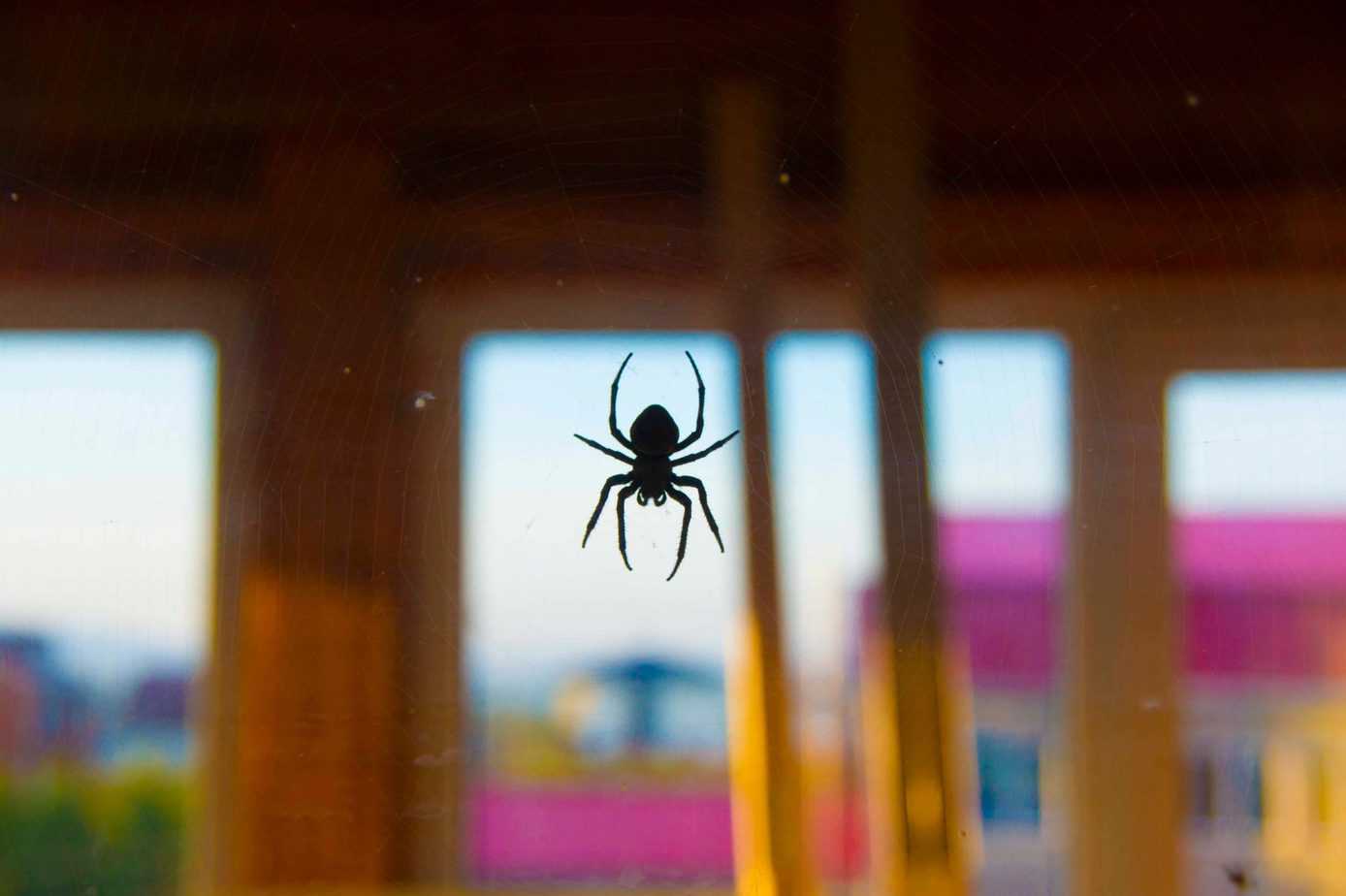

Outdoor Furniture
How To Keep Insects Away From The Patio
Modified: March 7, 2024
Learn effective ways to keep insects away from your patio and protect your outdoor furniture. Find out how to create a bug-free outdoor space!
(Many of the links in this article redirect to a specific reviewed product. Your purchase of these products through affiliate links helps to generate commission for Storables.com, at no extra cost. Learn more)
Introduction
Welcome to your outdoor sanctuary! Your patio is a place where you can unwind, host gatherings, and enjoy the beauty of nature. However, pesky insects can quickly turn your peaceful retreat into an annoyance-filled zone. Fear not, though, as there are natural and effective ways to keep insects away from your patio without resorting to harsh chemicals or pesticides.
Understanding the common insects that invade patios is the first step in effectively repelling them. Mosquitoes, gnats, flies, ants, and spiders are among the most common intruders. They not only disrupt your serenity but can also pose health risks and cause allergic reactions. By implementing some simple and natural insect repellent strategies, you can reclaim your patio and enjoy it insect-free.
In this article, we will explore various techniques for repelling insects from your patio. From planting insect-repelling herbs to utilizing bug zappers, we have you covered. Read on to discover these natural solutions and practical tips to maintain a bug-free patio.
Key Takeaways:
- Embrace a bug-free patio by planting insect-repelling herbs, using citronella candles, and setting up fans or wind chimes to create an unwelcoming environment for insects.
- Maintain a bug-free patio by regularly cleaning, eliminating standing water sources, and utilizing natural insect repellents to reduce the presence of unwelcome pests.
Read more: How To Keep Patio Cushions From Blowing Away
Understanding Common Patio Insects
Before we delve into the methods of repelling insects from your patio, it is essential to have a basic understanding of the common intruders you may encounter. By identifying these pests, you can better tailor your repellent methods to effectively ward them off.
1. Mosquitoes: Mosquitoes are notorious for their itchy bites and can carry diseases such as malaria, dengue fever, and the West Nile virus. They are attracted to standing water and are most active during dusk and dawn.
2. Gnats: Gnats are tiny flying insects that are often found in large swarms. They are attracted to decaying organic matter and moist environments. Their bites can be irritating and cause itching.
3. Flies: Flies, such as houseflies and fruit flies, are attracted to food and garbage. They can contaminate surfaces and food, posing a health hazard. Constant buzzing and landing on food can be both frustrating and unhygienic.
4. Ants: Ants are social insects that can invade your patio in search of food and water. They can quickly become a nuisance, especially if they establish a colony nearby. Ant bites can be painful, and some species can cause structural damage to your property.
5. Spiders: While spiders play a crucial role in controlling other insects, some species, like black widows or brown recluses, can pose a danger to humans. Spiders are attracted to dark and undisturbed areas, such as corners and cracks.
Now that you’re familiar with the common patio insects, let’s explore natural ways to repel these unwelcome visitors from your outdoor oasis.
Natural Ways to Repel Insects
When it comes to keeping insects away from your patio, there is no need to rely on harmful chemicals or pesticides. Mother Nature has provided us with several natural remedies that are both effective and safe. Let’s explore five natural ways to repel insects and create a bug-free environment on your patio.
-
Planting Insect-Repelling Herbs
One of the most effective and visually appealing ways to repel insects is by planting insect-repelling herbs. Herbs such as lavender, citronella, basil, and mint naturally emit scents that bugs find repulsive. Place potted herbs strategically around your patio or create a dedicated herb garden to keep mosquitoes, flies, and other insects at bay.
-
Using Citronella Candles
Citronella candles are a classic and proven method for repelling mosquitoes and other flying insects. Citronella oil, derived from the leaves of the citronella plant, has natural insect-repellent properties. Light a few citronella candles on your patio to create a pleasant and bug-free ambiance.
-
Read more: How To Keep A Patio Rug From Blowing Away
Installing Bug Zappers
If you want a more hands-off approach to insect control, consider installing bug zappers on your patio. Bug zappers attract insects with UV light and then electrocute them, effectively reducing their population. Place these zappers strategically to draw insects away from your living area.
-
Creating a DIY Insect Spray
If you prefer a DIY solution, you can create your own natural insect spray using essential oils. Dilute a few drops of essential oils such as peppermint, eucalyptus, or lemongrass in water and spray it on your patio and surrounding areas. This concoction acts as a natural repellent and leaves a pleasant scent behind. Remember to reapply the spray regularly for maximum effectiveness.
-
Setting up a Fan or Wind Chimes
Insects, particularly mosquitoes, are not fans of a breezy environment. Setting up a fan on your patio creates a gentle airflow that makes it difficult for insects to fly and land on you. Alternatively, hanging wind chimes produces subtle vibrations that can repel flies and gnats. These simple additions not only keep bugs away but also provide a pleasant background noise.
By incorporating these natural methods into your patio routine, you can enjoy a bug-free outdoor space without the use of harsh chemicals or pesticides. Let’s now explore some practical tips to maintain a mosquito-free patio.
Planting Insect-Repelling Herbs
One of the most effective and aesthetically pleasing ways to repel insects from your patio is by planting insect-repelling herbs. These herbs not only add beauty and fragrance to your outdoor space but also naturally deter bugs with their strong scents. Here are some herbs to consider and how to incorporate them into your patio garden:
- Lavender: Known for its calming properties, lavender also acts as a natural insect repellent. Its lovely purple flowers and soothing aroma make it a popular choice for patio gardens. Plant lavender in pots or in a dedicated garden bed around the perimeter of your patio to keep mosquitoes, flies, and moths at bay.
- Citronella: Citronella is well-known for its ability to repel mosquitoes. The strong citrus scent masks the attractants that make mosquitoes zero in on humans. Consider planting citronella grass or citronella-scented plants, such as citronella geranium, in containers or directly in the ground near seating areas to create a mosquito-free zone.
- Basil: Not only is basil a versatile culinary herb, but it also helps repel flies and mosquitoes. The strong aroma of basil acts as a natural repellent. Grow basil in pots on your patio or intersperse it with other plants in your garden. Not only will you have access to fresh basil for cooking, but you will also create a bug-free environment.
- Mint: Mint is another fantastic herb that repels insects, particularly ants and mosquitoes. Its strong scent and cooling properties make it an excellent addition to your patio garden. Grow mint in containers to prevent it from spreading and taking over your garden. Place the pots strategically around your patio to keep ants and mosquitoes at bay.
When planting these herbs, consider their specific growing requirements. Most herbs prefer a sunny location with well-draining soil. Ensure they receive adequate water and prune them regularly to encourage bushy growth and release more of their natural scent. Not only will these herbs repel insects, but they will also provide a beautiful and fragrant addition to your patio. Additionally, some herbs, like basil and mint, can be harvested and used in your culinary creations. Consult local gardening resources or seek advice from a nursery to determine the best planting times and techniques for these herbs in your specific region.
Incorporating insect-repelling herbs into your patio garden is a natural and effective way to keep bugs at bay. Their delightful scents and versatility make them a wonderful addition to your outdoor space. So, get your green thumbs ready and start planting these bug-repellent herbs for a mosquito-free and enjoyable patio experience.
Read more: What To Keep Birds Away From A Patio
Using Citronella Candles
When it comes to repelling mosquitoes and other flying insects, citronella candles are a classic and effective option. Citronella oil, derived from the leaves of the citronella plant, has natural insect-repellent properties. Here’s how you can use citronella candles to create a bug-free environment on your patio:
1. Choose high-quality citronella candles: Look for citronella candles made with pure citronella oil for the best results. Avoid candles with artificial fragrances or fillers, as these may not be as effective in repelling insects.
2. Place candles strategically: Position the citronella candles strategically around your patio. Place them near seating areas, dining tables, or any other areas where you spend the most time outdoors. This will create a protective barrier of scent around you, deterring mosquitoes and other bugs from coming near.
3. Use multiple candles: One citronella candle may not be enough to repel insects from a larger patio space. Consider using multiple candles to ensure the scent is strong and covers the entire area. You can cluster candles together or spread them out strategically for maximum coverage.
4. Light the candles in advance: To get the most out of your citronella candles, light them about 15-20 minutes before you plan to spend time on your patio. This allows the scent to disperse and create a barrier before you venture outside.
5. Consider citronella torches: In addition to traditional candles, you can also use citronella torches to repel insects. These torches not only provide a beautiful and ambient lighting source but also emit a strong citronella scent to keep bugs away. Place them strategically around the perimeter of your patio, creating a protective barrier.
6. Keep candles protected: Protect your citronella candles from wind drafts, as this can reduce their effectiveness. Consider using candle holders or lanterns to shield the flames and keep them burning steadily, even on windy days.
7. Replenish and store candles properly: When the citronella candle burns down or becomes less effective, replace it with a fresh one. Additionally, store unused citronella candles in a cool, dry place to preserve their efficacy for future use.
Remember, while citronella candles can significantly reduce the presence of mosquitoes and other flying insects, they may not completely eliminate all bugs. It’s essential to use them in conjunction with other natural repellent methods for maximum effectiveness.
Using citronella candles is a simple and pleasant way to keep insects away from your patio. The gentle flickering light combined with the natural insect-repelling properties of citronella oil creates a peaceful and bug-free environment for you to enjoy your outdoor space. So, stock up on citronella candles and get ready to light up your patio!
Installing Bug Zappers
If you want a more hands-off approach to insect control on your patio, installing bug zappers can be a convenient and effective solution. Bug zappers use ultraviolet (UV) light to attract insects and an electric grid to zap them, instantly eliminating the pest population. Here’s what you need to know about installing bug zappers:
1. Choose the right bug zapper: Look for bug zappers that are specifically designed for outdoor use. Opt for models that offer a sufficient coverage area for your patio space. Consider the type of insects you’re dealing with to ensure the bug zapper you choose targets them effectively.
2. Position bug zappers strategically: Place bug zappers in locations where insects tend to gather, such as near standing water sources, shady areas, or near plants that attract bugs. Keep in mind that bug zappers emit UV light, so it’s best to position them away from areas where you’ll be spending a lot of time to minimize any potential disturbances from the zapping sound.
3. Hang bug zappers at the right height: Most bug zappers come with a hanging chain or hook for easy installation. Hang the bug zapper at a height where the UV light is at eye level for insects. This will increase the efficiency of attracting and capturing bugs.
4. Maintain the bug zapper regularly: It’s important to clean and maintain your bug zapper regularly to ensure optimal performance. Follow the manufacturer’s instructions on cleaning the electric grid and replacing the UV bulbs. Regular maintenance will guarantee that the bug zapper remains effective in reducing the insect population on your patio.
5. Combine bug zappers with other repellent methods: While bug zappers can significantly reduce the number of flying insects on your patio, they may not capture every single bug. Consider using bug zappers in combination with other natural repellent methods such as planting insect-repelling herbs or using citronella candles. This multi-faceted approach will provide you with the best defense against pesky bugs.
Keep in mind that bug zappers may also attract beneficial insects, such as bees and butterflies, which play a vital role in pollination. If preserving these helpful creatures is a priority, consider using bug zappers sparingly or during specific times when these insects are less active.
Installing bug zappers can provide you with a hands-off solution to controlling insects on your patio. With their ability to attract and eliminate pesky bugs, bug zappers ensure a more enjoyable and comfortable outdoor experience. So, go ahead and install a bug zapper on your patio to bid farewell to unwanted pests!
Creating a DIY Insect Spray
If you prefer a DIY approach to repelling insects from your patio, creating your own natural insect spray is a cost-effective and chemical-free solution. By using essential oils with insect-repellent properties, you can create a homemade spray that will effectively keep bugs at bay. Here’s how to make your own DIY insect spray:
1. Gather the ingredients: You will need essential oils known for their insect-repellent properties, such as peppermint, eucalyptus, lemongrass, or tea tree oil. You’ll also need a carrier oil, such as almond or coconut oil, and distilled water. Optional ingredients include witch hazel or vodka, which act as emulsifiers and extend the spray’s shelf life. Additionally, a spray bottle and a small funnel will come in handy for easy application.
2. Create the essential oil blend: In a small bowl, mix 10-15 drops of your chosen essential oil(s). You can experiment with different combinations to find the scent that works best for repelling insects. Peppermint and eucalyptus, for example, are effective against mosquitoes, flies, and ants, while lemongrass is excellent for repelling mosquitoes.
3. Add a carrier oil: Add 1-2 tablespoons of the carrier oil to the essential oil blend. The carrier oil helps dilute the essential oils and allows for easy application without causing skin irritation. Stir the mixture until well combined.
4. Add an emulsifier (optional): If you want to enhance the longevity of the spray and ensure that the essential oils and carrier oil mix well with water, you can incorporate an emulsifier. Witch hazel or vodka work well for this purpose. Add 1-2 teaspoons of the emulsifier to the mixture and stir until thoroughly blended.
5. Transfer the mixture to a spray bottle: Using a small funnel, pour the DIY insect spray mixture into a clean spray bottle. Fill the remaining space with distilled water, leaving a small gap at the top to allow for shaking. Shake the bottle vigorously to combine all the ingredients.
6. Apply the spray: Spray the DIY insect repellent on your patio furniture, cushions, and other surfaces where insects tend to gather. Focus on areas where bugs are more likely to enter, such as doorways, windows, and cracks. Reapply the spray as needed, especially after rain or prolonged exposure to the elements.
7. Store the spray properly: To ensure the longevity and effectiveness of the DIY insect spray, store it in a cool, dark place. Use it within a few weeks to benefit from the maximum potency of the essential oils.
Creating your own DIY insect spray not only allows you to customize the scent and potency but also provides a natural and eco-friendly alternative to commercial insect repellents. However, keep in mind that essential oils may cause skin irritation for some individuals, so perform a patch test before applying the spray on your skin. If irritation occurs, discontinue use or dilute the spray further with water or carrier oil.
With your homemade insect spray in hand, you can confidently enjoy your patio without the intrusion of pesky bugs. Nature’s ingredients combined with your creativity are all you need for a bug-free outdoor experience!
Setting up a Fan or Wind Chimes
When it comes to repelling insects from your patio, sometimes the solution lies in creating an environment that bugs find unfavorable. By incorporating elements like fans or wind chimes, you can create conditions that deter insects from setting up camp on your patio. Here are two options to consider:
1. Setting up a Fan: Insects, especially mosquitoes, are not particularly fond of windy environments. By setting up a fan on your patio, you can create a gentle breeze that makes it difficult for insects to fly and land on you and your guests. Position the fan strategically to cover the seating and activity areas, ensuring a continuous airflow. Not only does this repel insects, but it also provides a refreshing breeze on hot days.
2. Hanging Wind Chimes: Wind chimes not only add a delightful sound to your patio but can also deter certain types of insects. The vibrations produced by wind chimes can disrupt the flight patterns of flies, gnats, and other small insects, making it less appealing for them to hang around your patio. Opt for larger, metal wind chimes that produce louder and more distinct sounds. Hang them in areas where there is a breeze to maximize their effectiveness.
Both fans and wind chimes are natural and low-maintenance options for keeping insects away from your patio. However, it’s important to note that these methods may not completely eliminate all types of insects. They work best as supplementary features alongside other natural repellent methods.
When using a fan, ensure that it is placed in a secure and stable position to prevent accidents. Consider using a fan with adjustable settings so that you can control the strength of the airflow based on your needs and preferences. As for wind chimes, choose a design and sound that you find pleasing, as it will contribute to the overall ambiance of your patio.
By incorporating a fan or wind chimes into your patio setup, you not only create an uninviting environment for insects but also add a touch of tranquility and charm to your outdoor space. So, sit back, relax, and let the gentle breeze or melodic sounds keep those pesky bugs at bay.
To keep insects away from the patio, try planting insect-repelling plants like lavender, citronella, or marigolds. These plants naturally deter insects and can help create a bug-free outdoor space.
Read more: How To Keep Patio Chairs From Blowing Away
Practical Tips for Maintaining a Bug-Free Patio
Now that you’ve implemented various natural methods to repel insects from your patio, it’s important to maintain a bug-free environment to ensure long-lasting results. Here are some practical tips to help you keep your patio free from unwanted pests:
- Keep the area clean: Regularly clean your patio to remove any debris, food crumbs, or standing water that can attract insects. Sweep away fallen leaves, wipe down surfaces, and clean up spills promptly to minimize potential food sources for bugs.
- Empty and clean water sources: Mosquitoes and other insects breed in standing water, so make sure to empty any containers, like buckets or flowerpots, that collect water. Regularly clean birdbaths, water features, and pet water bowls to avoid becoming breeding grounds for mosquitoes.
- Repair cracks and crevices: Inspect your patio for any cracks or crevices where insects can enter or hide. Seal any gaps in windows, doors, or walls to prevent the infiltration of bugs. Pay special attention to areas where utilities enter the patio, as these can often provide entry points for insects.
- Remove stagnant water: Ensure proper drainage of your patio to prevent water from pooling or accumulating. Consider installing a drainage system or redirecting downspouts to prevent stagnant water from creating a breeding ground for mosquitoes and other insects.
- Use screens or netting: If your patio is enclosed, consider installing screens or netting on doors and windows to prevent insects from entering. This allows you to enjoy fresh air while keeping bugs out.
- Maintain vegetation: Trim vegetation around your patio regularly to minimize the hiding places for insects. Overgrown bushes and plants can provide shelter and breeding grounds for mosquitoes and other bugs. Keep plant beds tidy and remove any dead leaves or plant debris that can attract pests.
- Avoidance during peak insect activity: Some insects, like mosquitoes, are most active during dawn and dusk. If possible, limit outdoor activities on the patio during these times to minimize your exposure to biting insects.
- Utilize natural insect repellents: In addition to the methods mentioned earlier, consider using natural repellents like insect-repelling bracelets, essential oil diffusers, or fabric sprays containing insect-repellent properties. These can provide an extra layer of protection for you and your guests.
By following these practical tips, you can create a bug-free patio that invites relaxation and enjoyment. Consistency and persistence are key, as maintaining a clean and insect-repellent environment will deter bugs from making your patio their home.
Remember, while it’s impossible to completely eliminate all insects from your outdoor space, implementing these practices will significantly reduce their presence and create a more enjoyable experience for you and your guests. So, take these steps to maintain a bug-free patio and embrace an outdoor sanctuary free from unwelcome pests.
Conclusion
Your patio is meant to be a peaceful and enjoyable space to relax and connect with nature. However, pesky insects can quickly turn it into an unwelcome territory. Thankfully, with a little knowledge and some natural strategies, you can reclaim your patio and keep it bug-free.
By understanding the common patio insects and their behaviors, you can tailor your repellent methods to effectively ward them off. Whether it’s mosquitoes, flies, ants, or spiders, there are natural remedies that can deter these pesky visitors.
Planting insect-repelling herbs such as lavender, citronella, basil, and mint can not only add beauty to your patio but also release scents that repel insects. Utilizing citronella candles creates a pleasant ambiance while keeping mosquitoes away. Installing bug zappers provides a more hands-off approach to insect control. Creating a DIY insect spray using essential oils offers a customizable and chemical-free solution. Setting up fans or wind chimes creates an environment that bugs find unfavorable.
In addition to these methods, maintaining a bug-free patio requires regular cleaning, eliminating standing water sources, sealing cracks and crevices, and maintaining vegetation. Avoiding peak insect activity times and utilizing natural insect repellents can also provide added protection.
Remember, it’s unlikely to completely eliminate all insects from your patio, but by implementing these strategies consistently, you can significantly reduce their presence and create a more enjoyable outdoor space.
So, go ahead and reclaim your patio sanctuary and enjoy bug-free relaxation and gatherings. Embrace the beauty of nature without the intrusion of unwelcome guests. With a little effort and the power of nature, you can create a space that is truly yours to enjoy.
Frequently Asked Questions about How To Keep Insects Away From The Patio
Was this page helpful?
At Storables.com, we guarantee accurate and reliable information. Our content, validated by Expert Board Contributors, is crafted following stringent Editorial Policies. We're committed to providing you with well-researched, expert-backed insights for all your informational needs.
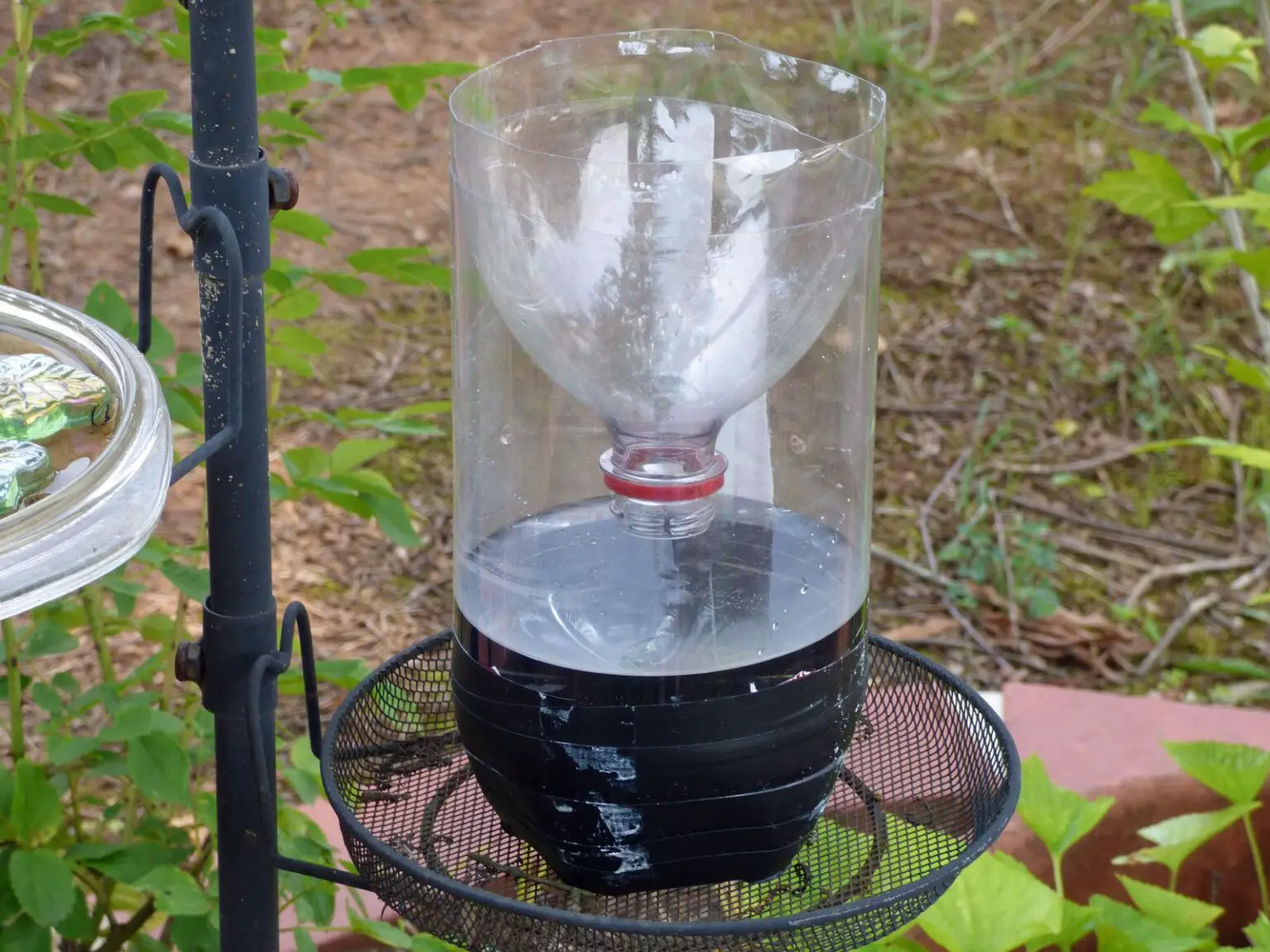
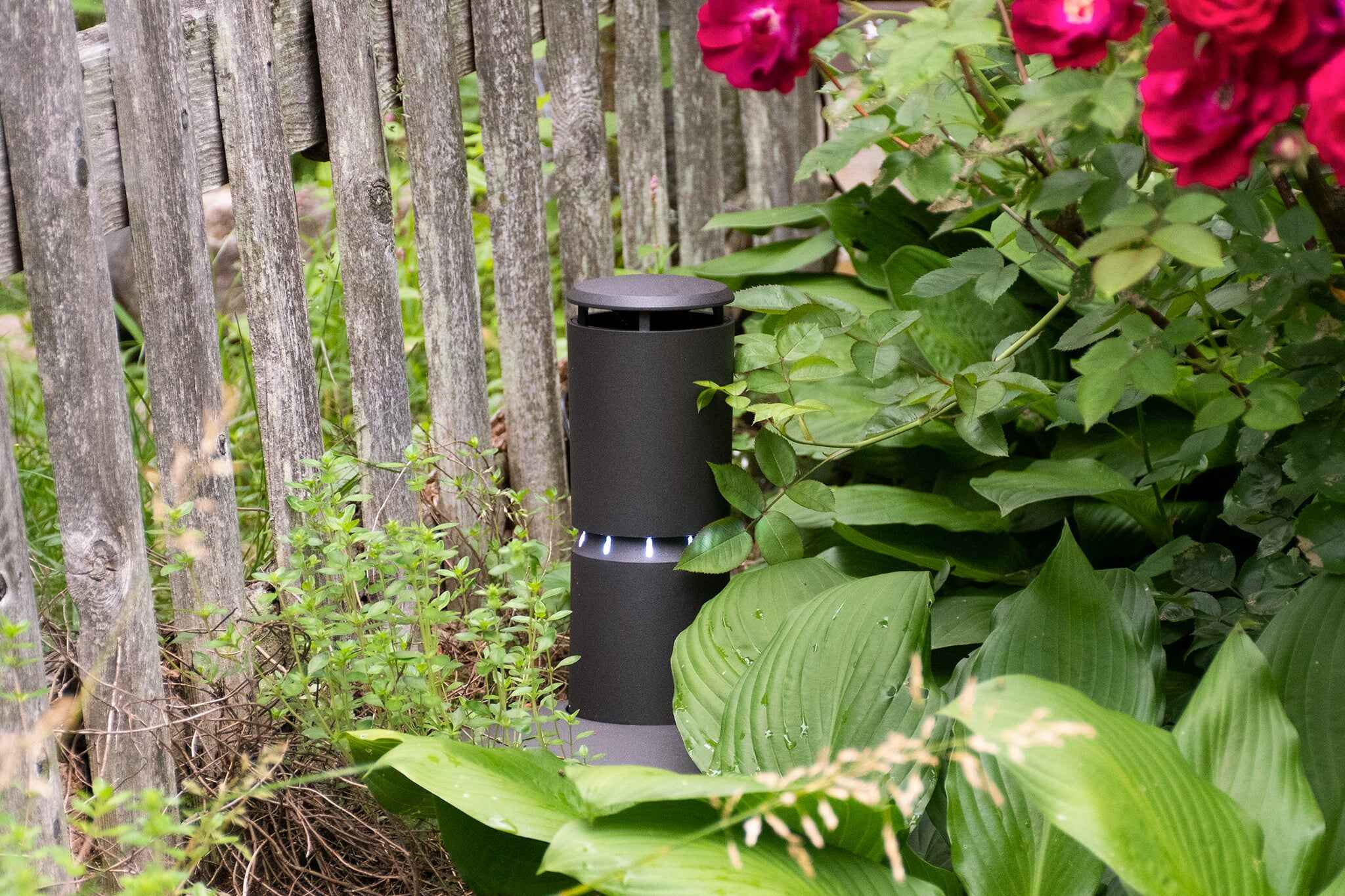



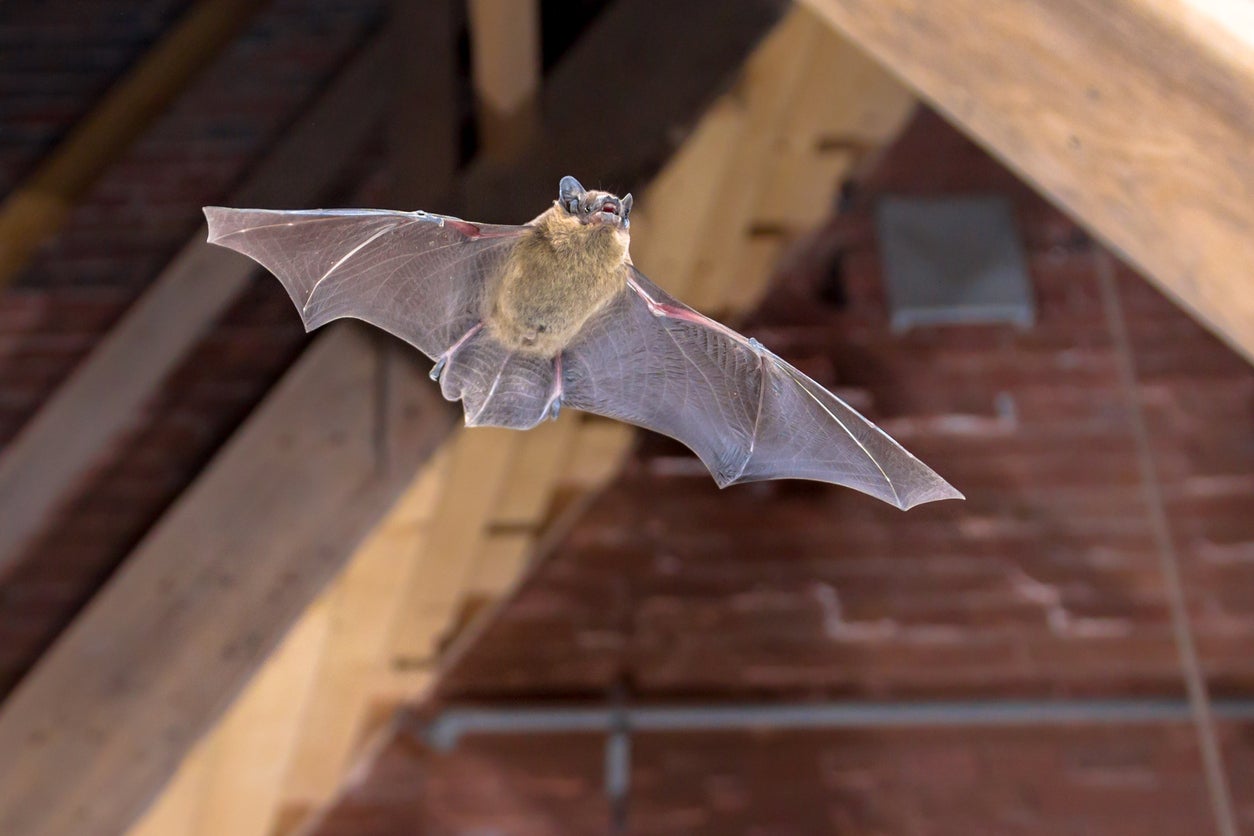


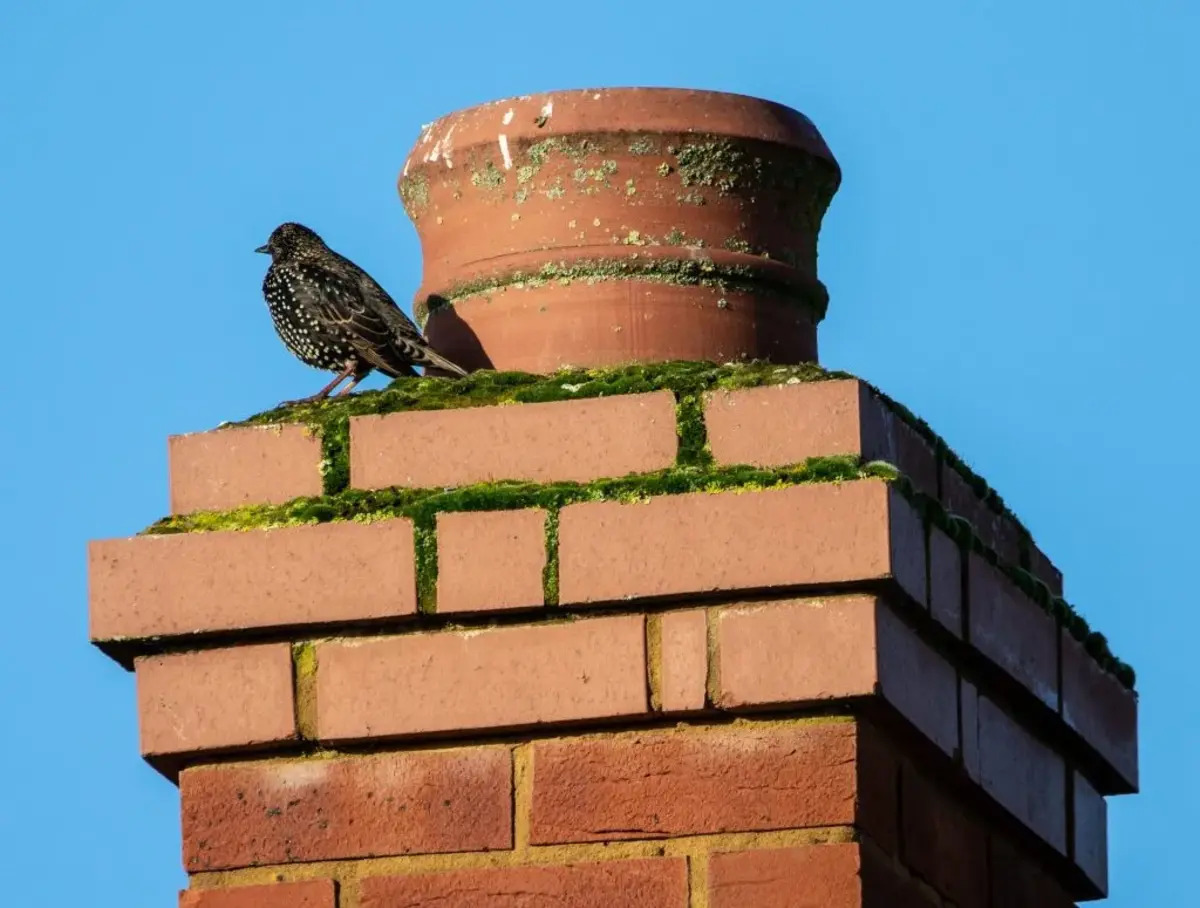
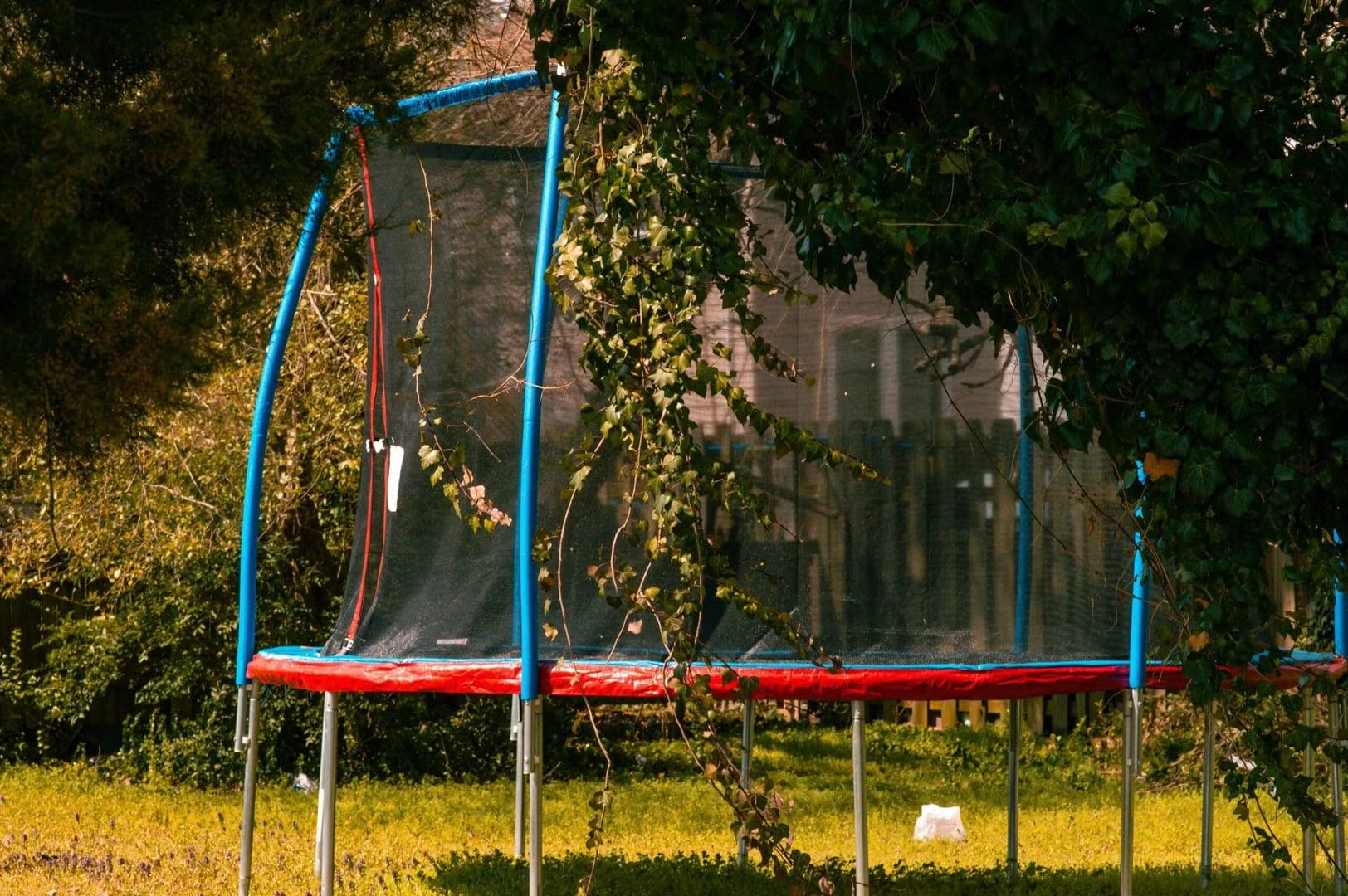
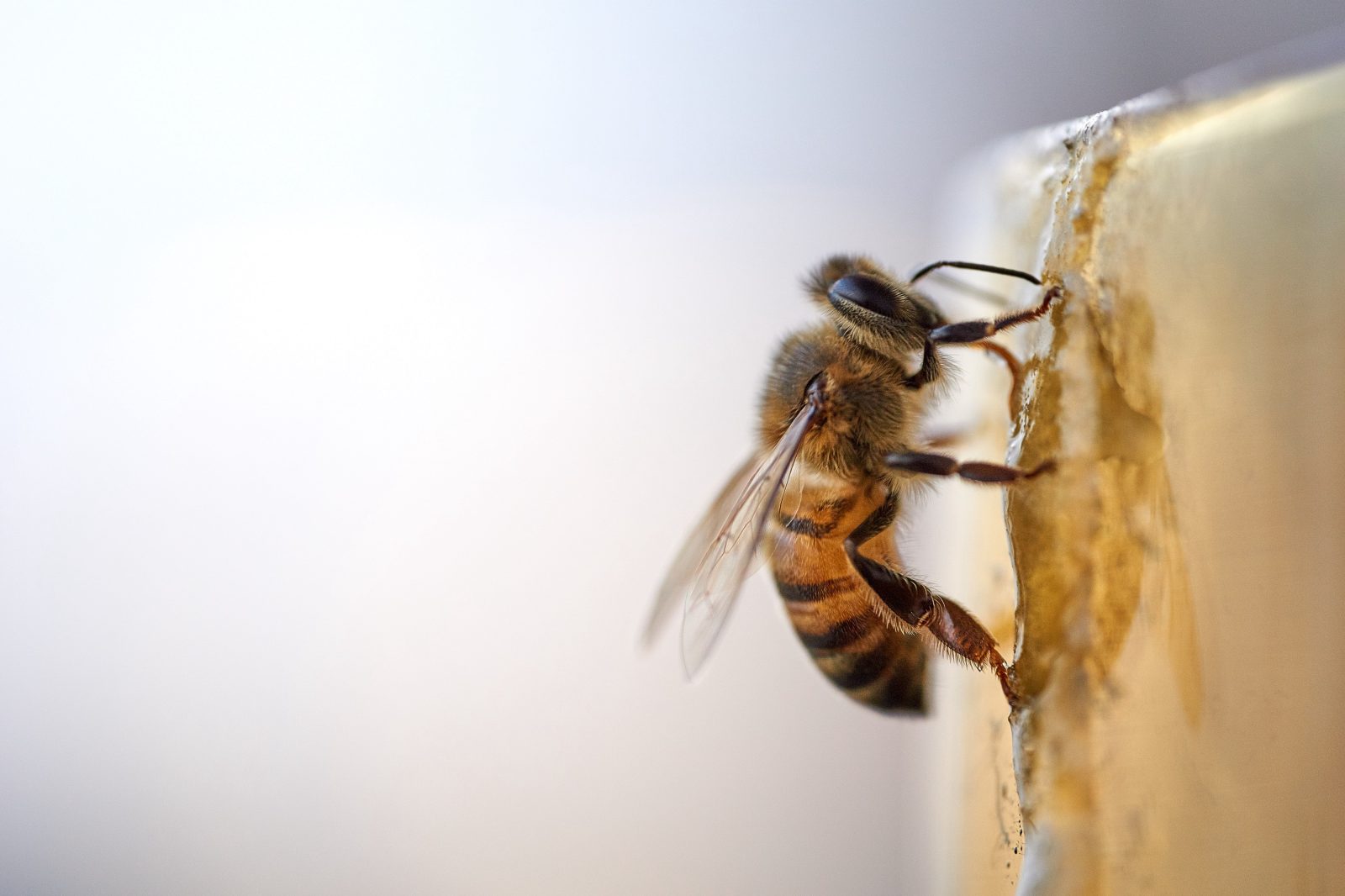
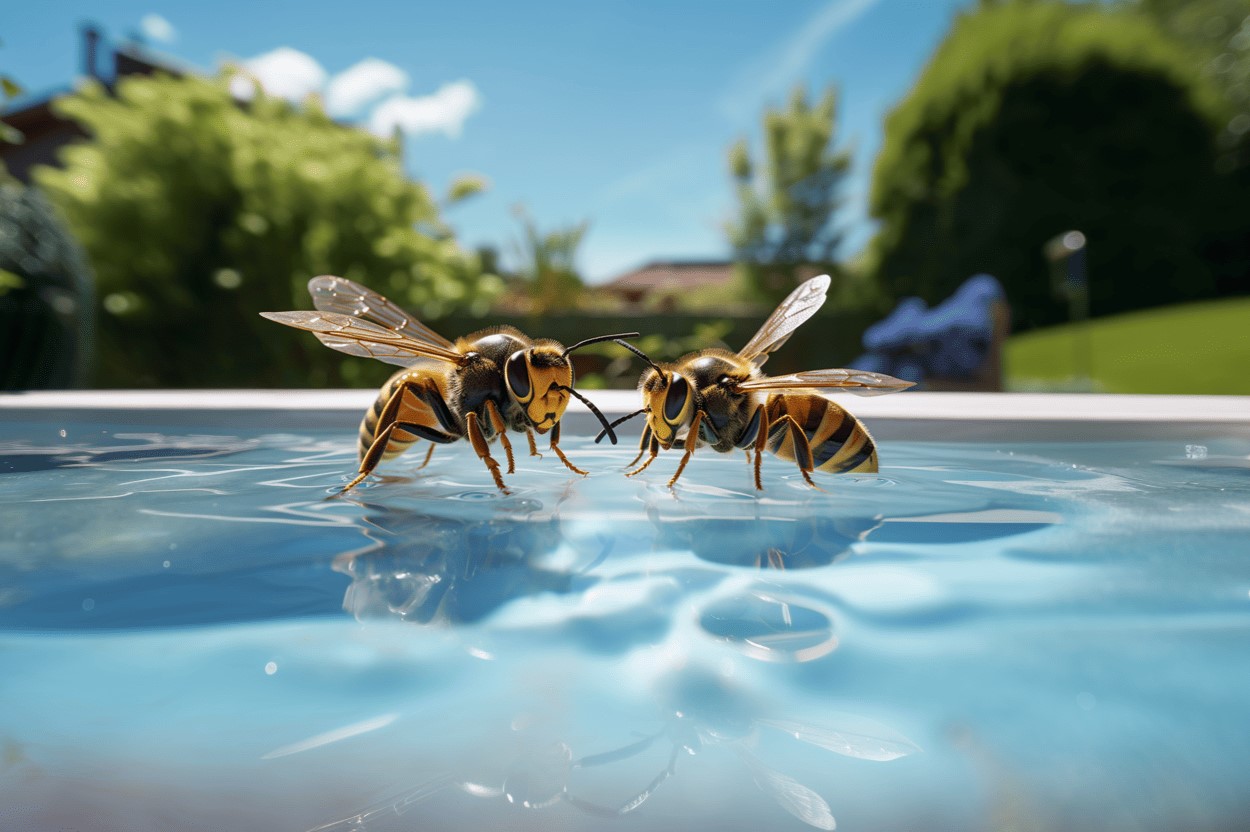

0 thoughts on “How To Keep Insects Away From The Patio”